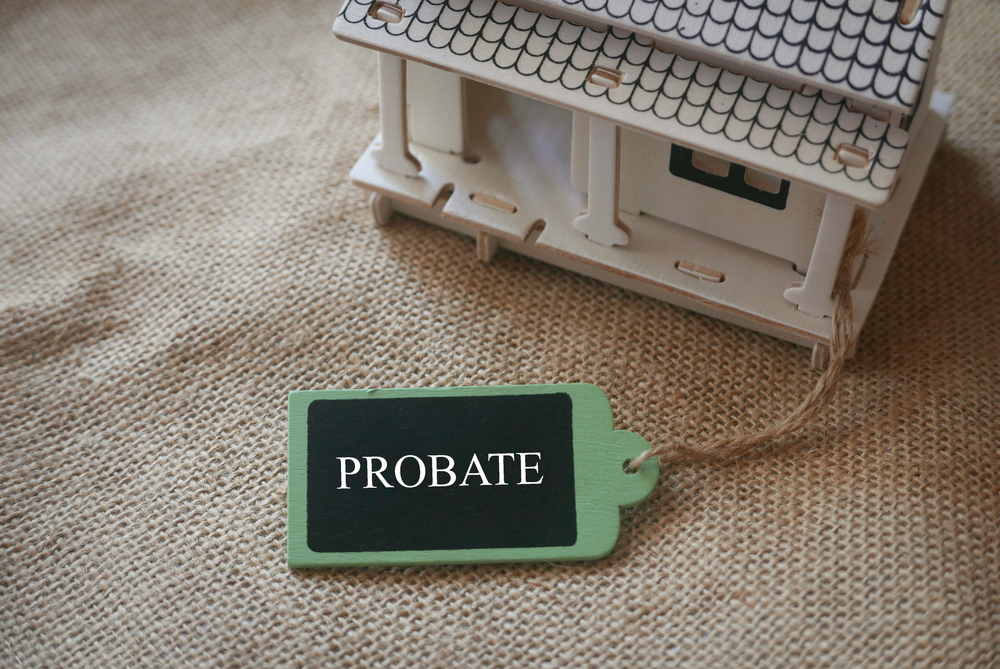Do I really need a solicitor for probate?
When a loved one dies, and you need to administer their estate, it can be tempting to try to do it yourself to save time and money.
And in the case of really straightforward Wills and estates, this may be fine.
However, where things are more complicated, a helping hand with the complex and often stressful probate process can not only be reassuring at an already difficult time but save you money in the long run and avoid problems in the future.
What exactly is probate?
It is the legal process of dealing with someone’s estate after they die. This includes paying off any taxes or debts and then distributing any money, assets and possessions as set out in the Will to beneficiaries.
Who applies for probate?
Most people name an executor when they write a Will who applies for the grant of probate. If they didn’t name an executor, the probate court will appoint one.
If the person died without making a Will, letters of administration to an agreed person will need to be applied for.
What does applying for probate involve?
Applying for probate can be complex.
You need to find out the estimated value of the estate to work out whether Inheritance Tax (IHT) is due. This will involve contacting financial institutions and completing and sending off paperwork.
You also need to take into account any gifts the deceased made, like cash or items of value, in the seven years before they died and the value of any trusts where they held a beneficial interest.
The picture can be further complicated by foreign assets, businesses, multiple properties and pensions.
Why should I use a solicitor for probate?
There are a number of reasons why using a solicitor is beneficial and cost effective:
- They will ensure the correct figures are submitted in the probate application.
- They can take the burden off grieving executors, who may be feeling pressure from beneficiaries of the Will, by calculating things like IHT and other fees which are important to get right.
- They are regulated and insured against errors, unlike an executor working alone.
- They can advise on whether tax savings can be made.
- They keep accurate records, vital for claiming certain allowances on the death of a second spouse for example, and if the Will is contested.
In certain situations, you must get legal advice.
These include when the terms of the Will are not clear, someone is likely to dispute the Will, part of the estate is likely to pass to someone under 18 or if the person who died left money or property in a trust.
The legal fees can be paid from the estate.
Get in touch
Wards Solicitors’ wins high praise in the 2023 edition of the independent Legal 500 guide of outstanding legal professionals for its exceptional professional service standards and high levels of technical expertise.
Our Wills and Probate Team has extensive and specialist experience in probate applications.
Whether you need a little help, or a lot, we can advise on everything from intestacy rules to disputed Wills, tax implications and inheritance issues.
We offer a free initial appointment for you to discuss what you need and always provide clear cost details up front before starting any work.


